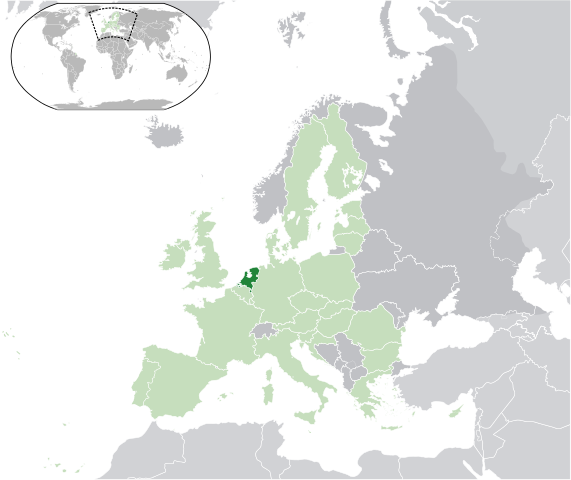A state lawmaker, Jacksonville city council members and others have called repeatedly for a state investigation into the city’s Police and Fire Pension fund since late 2014.
Specifically, they want an investigation into whether regulations were broken in the administration of the fund’s DROP.
Florida Gov. Rick Scott finally addressed the issue on Tuesday, and declined to launch a state investigation. The matter, his office said, should be “handled on the local level”.
More from the Florida Times-Union:
Gov. Rick Scott rejected Tuesday state Rep. Janet Adkins’ request for him to call for an investigation of the Jacksonville Police and Fire Pension Fund.
Scott’s office will deliver Adkins a letter today signed by his chief inspector general, Melinda Miguel, who wrote that her office was choosing to stay out of the pension issues in Jacksonville.
“Based on our review, it appears that your concerns would be more appropriately handled at the local level,” Miguel wrote. “If you are aware of specific criminal violations, you may refer this information to local law enforcement or the state attorney’s office.”
Adkins’ letter to Scott on Dec. 15 requested that he assign his inspector general and the Florida Department of Law Enforcement to look into the pension fund’s operations to see if any state laws or regulations had been broken.
Adkins cited Times-Union coverage of Jacksonville’s pension issues in describing why she felt a state investigation was warranted.
The Atlantic Beach City Commission and various members of the Jacksonville City Council, including President Clay Yarborough, sent letters of support backing Adkins’ request.
This doesn’t mean, however, that Florida is letting pension funding slip under the radar. The state sent out letters to 19 pension funds last month demanding that they formulate a plan to shore up their funding levels.
Photo credit: “Bluefl”. Licensed under Public Domain via Wikimedia Commons – http://commons.wikimedia.org/wiki/File:Bluefl.png#mediaviewer/File:Bluefl.png










